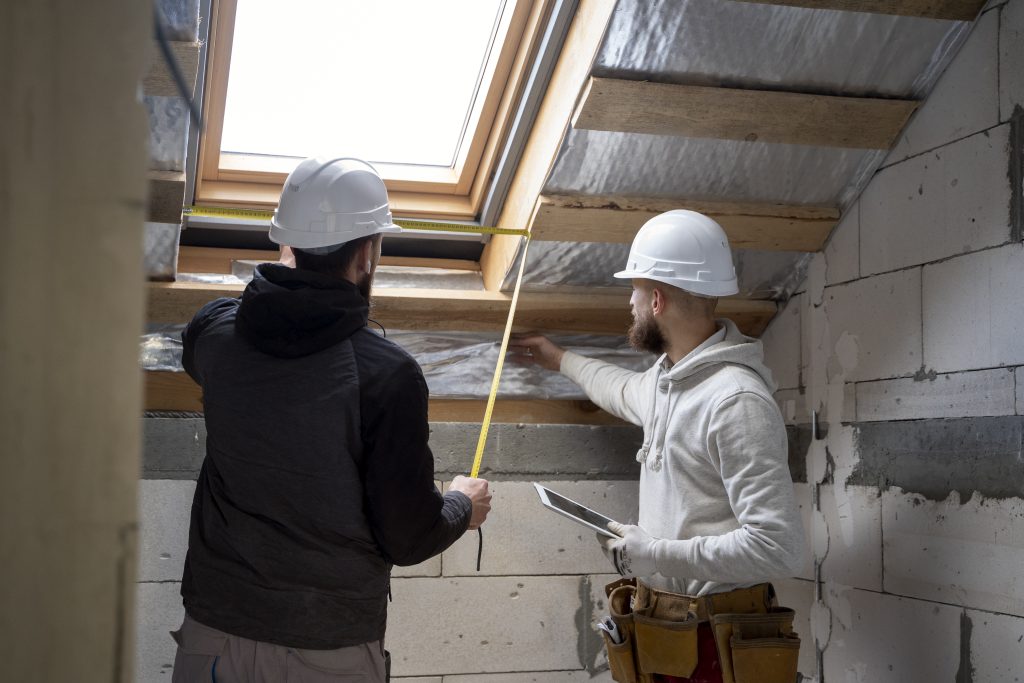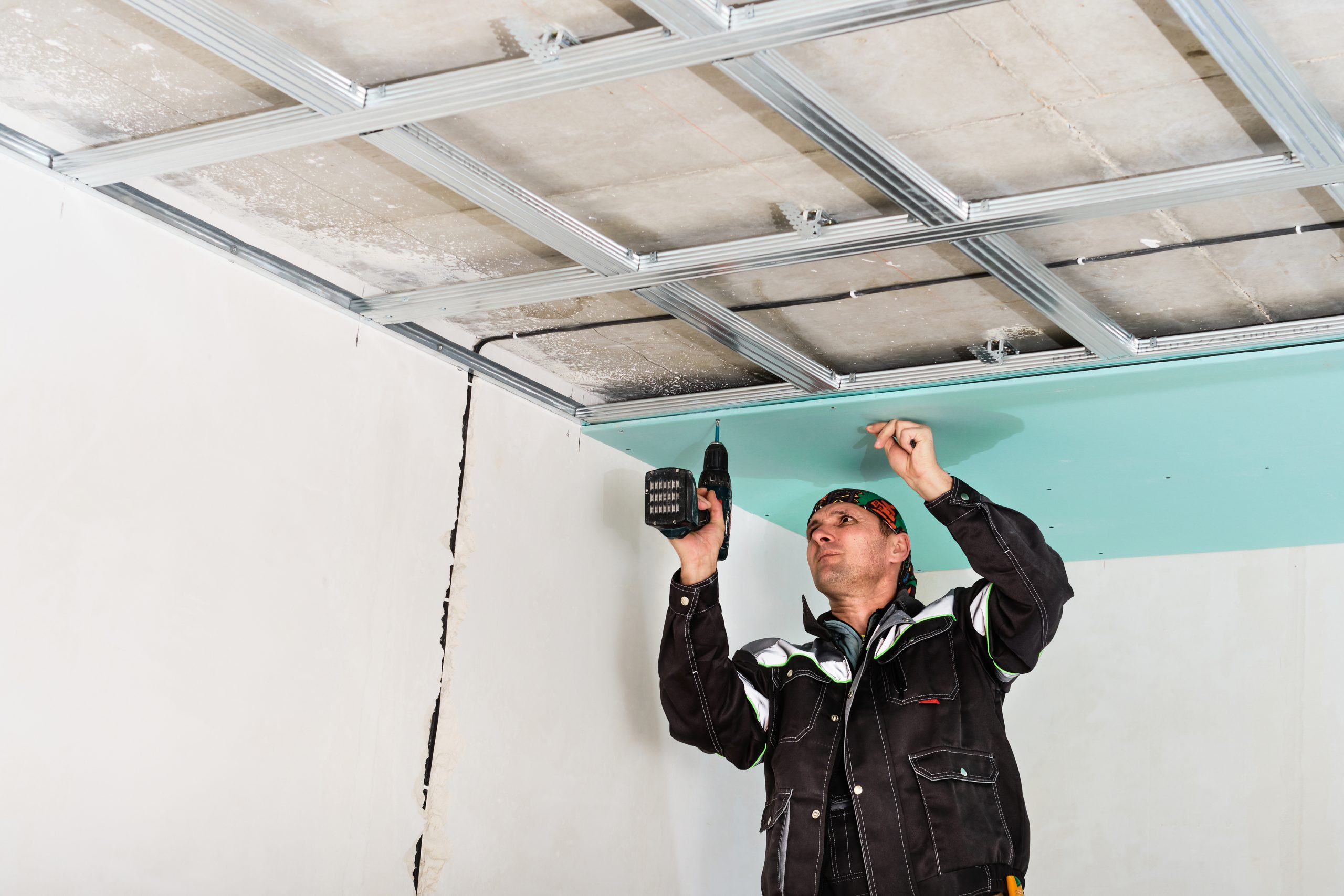Introduction: Why Rhode Island Homeowners Are Re-Thinking Attic Insulation
If you live in Rhode Island especially towns like Coventry, Greene, or across Kent County you already know how unpredictable the weather can be. Winters bring frigid temperatures, icy winds, and heavy snow. Summers, on the other hand, are increasingly hot and humid, leaving many homeowners running air conditioning around the clock.
For many Rhode Islanders, the attic is the hidden culprit behind sky-high utility bills and uncomfortable indoor air. An under-insulated or poorly sealed attic lets warm air escape in winter and traps unwanted heat in summer. That’s where spray foam attic insulation comes into play.
Touted as one of the most advanced and effective insulation methods available today, spray foam promises energy savings, year-round comfort, and long-lasting performance. But it also comes with higher upfront costs and considerations unique to New England homes.
So, the big question: Is spray foam attic insulation right for your roof in Rhode Island? Let’s dig in.
What Exactly Is Spray Foam Attic Insulation?
Spray foam attic insulation is a liquid polyurethane product that expands into a foam when applied. It’s sprayed onto the attic’s surfaces roof deck, rafters, joists, or attic floor where it hardens and forms a seamless thermal and air barrier.
There are two main types:
- Open-Cell Spray Foam
- Softer, lighter, and more flexible.
- Excellent at filling gaps and providing sound dampening.
- Lower cost per square foot.
- Typically used for interior applications where moisture is not a major concern.
- Closed-Cell Spray Foam
- Denser, stronger, and more moisture resistant.
- Higher R-value per inch (meaning more insulation power in less thickness).
- Adds rigidity to the roof structure.
- Often recommended for Rhode Island’s humid summers and snowy winters.
Both types dramatically outperform traditional options like fiberglass batts or blown-in cellulose when installed correctly.
Why Attic Insulation Matters So Much in Rhode Island
Homes in Coventry, Greene, and surrounding areas often feature older construction styles Colonials, Cape Cods, and farmhouses that were not designed with today’s energy efficiency standards in mind. Many have attics with minimal or outdated insulation.
Here’s why your attic plays such a huge role:
- Heat Loss in Winter – Warm air naturally rises. Without proper insulation, your expensive heating literally escapes through the roof.
- Heat Gain in Summer – Attics can reach 120°F+ in July. Without insulation, that heat radiates into your living spaces.
- Moisture Problems – Rhode Island’s humidity and rainy seasons can cause condensation, mold, and even wood rot if insulation doesn’t properly control airflow.
In short: if your attic isn’t well insulated and sealed, your HVAC system works harder, your bills rise, and your comfort suffers.
The Benefits of Spray Foam Attic Insulation
So, what makes spray foam attic insulation so appealing to Rhode Island homeowners? Let’s break it down:
1. Lower Energy Bills
By sealing air leaks and providing high R-value performance, spray foam can reduce energy loss by 30–50%. Many RI homeowners report noticeable savings within the first year.
2. Year-Round Comfort
Drafty winters? Stuffy summers? Spray foam minimizes temperature swings, creating a more consistent and comfortable indoor environment.
3. Moisture & Mold Resistance
Closed-cell spray foam acts as both insulation and a moisture barrier, reducing the risk of mold in Rhode Island’s humid climate.
4. Longer Lifespan
Unlike fiberglass, spray foam doesn’t sag, compress, or degrade over time. Once installed, it can last decades with little to no maintenance.
5. Improved Indoor Air Quality
Because it seals gaps, spray foam helps keep out pollen, dust, and outdoor pollutants — an often-overlooked benefit for allergy sufferers.
6. Adds Structural Strength
Closed-cell foam can reinforce roof decks and rafters, adding resilience against heavy snow loads that are common in New England winters.
Potential Drawbacks to Consider
While spray foam attic insulation is powerful, it isn’t a one-size-fits-all solution. Here are some challenges to keep in mind:
- Higher Upfront Cost – Spray foam can cost two to three times more than fiberglass or cellulose. However, the long-term savings often balance this out.
- Installation Quality Is Critical – Poorly mixed or applied foam can create gaps, moisture traps, or odors. Always hire certified professionals.
- Ventilation Adjustments – Spray foam changes how your attic “breathes.” In many cases, attics become unvented spaces. This requires careful planning.
- Resale Concerns – Improperly installed spray foam has caused issues with home inspections and mortgages in some states. Documentation and quality matter.
- Not Always Necessary – For newer homes already meeting modern insulation standards, the return on investment may be slower.
Spray Foam Attic Insulation in Rhode Island’s Climate
New England’s weather is unique:
- Cold, snowy winters mean homes need insulation that prevents heat loss. Spray foam provides high R-value and air sealing to keep heat inside.
- Hot, humid summers require insulation that resists moisture. Closed-cell spray foam acts as a vapor barrier, reducing mold risks.
- Seasonal storms bring heavy rain and strong winds. Spray foam can help prevent water intrusion and strengthen roof structures.
This combination makes spray foam particularly well-suited for Rhode Island homes — provided it’s installed correctly.
Is Spray Foam Attic Insulation Right for Your Roof?
Ask yourself these questions:
- Is your home drafty in winter or unbearably hot upstairs in summer?
- Do you notice high heating and cooling bills every season?
- Is your roof in good condition (no leaks or rot) and ready for insulation?
- Do you plan to stay in your home long enough to see a return on investment (3–7 years on average)?
- Are you willing to hire certified local installers?
If you answered “yes” to most of these, spray foam attic insulation is likely a smart choice.
Local Case Study: A Coventry Homeowner’s Experience
Jane M., a Coventry homeowner with a 1970s Cape, struggled with freezing bedrooms upstairs every winter. Her oil heating bills were climbing past $400 per month.
After installing closed-cell spray foam attic insulation:
- Heating bills dropped by nearly 35% in the first winter.
- The upstairs stayed warm without space heaters.
- Summer comfort improved, with less reliance on window AC units.
- The attic also became a usable storage space because of consistent temperature.
Her only regret? “I wish I had done it sooner,” Jane says.
Alternatives to Spray Foam Attic Insulation
If spray foam isn’t the right fit, Rhode Island homeowners still have options:
- Blown-In Cellulose – Affordable and eco-friendly, but less effective against air leaks.
- Fiberglass Batts or Rolls – Common, lower cost, but prone to sagging and poor air sealing.
- Rigid Foam Board – Provides good R-value, often used in combination with other insulation types.
- Hybrid Approach – Some contractors combine spray foam for sealing with cellulose for cost savings.
Best Practices for Installation in Rhode Island
- Hire Certified Contractors – Look for local experience in Greene, Coventry, and Kent County. WeatherTek Insulation specializes in spray foam solutions designed for Rhode Island’s climate.
- Check Roof Health First – Address leaks, rot, or ventilation issues before applying spray foam.
- Choose the Right Foam Type – Closed-cell is typically better for New England attics.
- Understand Ventilation Changes – Your attic may transition to an unvented space; make sure your contractor explains what that means.
- Keep Documentation – Proper installation records help with resale, inspections, and insurance.
Cost and ROI in Rhode Island
On average, spray foam attic insulation in Rhode Island costs $3 to $7 per square foot, depending on type and thickness. For a typical attic, that may range from $5,000 to $12,000.
However, with heating oil, propane, and electricity costs in Rhode Island being among the highest in New England, many homeowners see a payback period of 3–6 years through reduced energy bills. After that, it’s pure savings.
Conclusion: A Smart Move for Many Rhode Island Homes
For Rhode Island homeowners, especially in towns like Greene and Coventry, spray foam attic insulation services can be a game-changer. It offers superior energy efficiency, moisture control, and comfort in a climate that demands year-round performance.
While the upfront cost is higher, the long-term benefits often outweigh it. The key is proper installation by trusted local experts who understand Rhode Island’s building styles and weather challenges.
At WeatherTek Insulation, we help homeowners make informed decisions whether spray foam is right for your roof or another insulation method makes more sense.
FAQs About Spray Foam Attic Insulation
Q1. How long does spray foam attic insulation last?
Properly installed spray foam can last 20–30 years or longer, outlasting most traditional insulation types.
Q2. Will spray foam make my attic too hot in summer?
No. In fact, it keeps attic temperatures closer to the rest of the home, preventing extreme heat buildup common in Rhode Island attics.
Q3. Can spray foam insulation cause roof damage?
Not if installed correctly. Problems typically occur only when spray foam is applied over existing leaks or by unqualified contractors.
Q4. Is spray foam safe for my family?
Once cured, spray foam is inert and safe. Proper installation and ventilation during application are key.
Q5. How does spray foam compare to fiberglass in Rhode Island homes?
Spray foam offers higher R-value, air sealing, and moisture resistance all critical in New England’s climate. Fiberglass is cheaper upfront but less durable.









